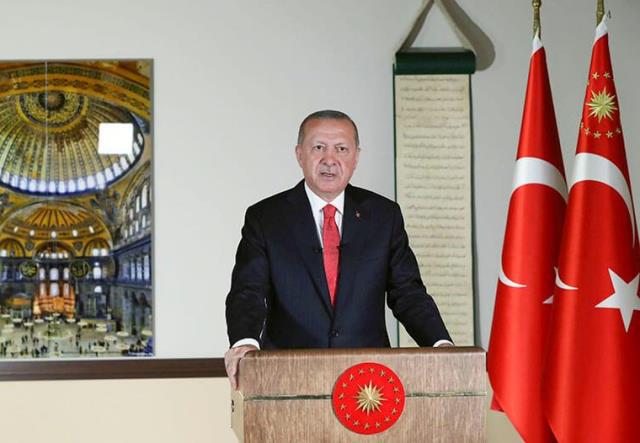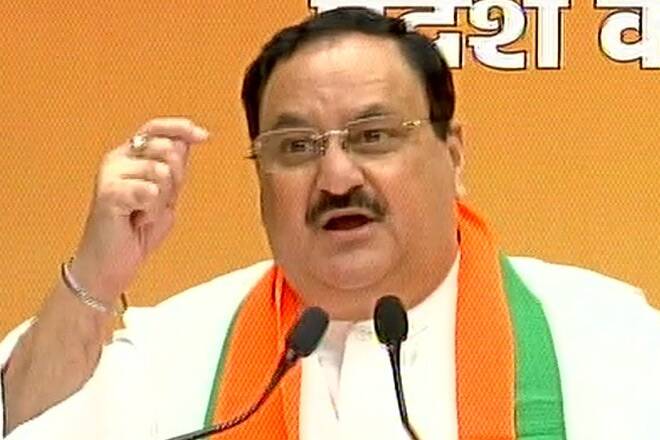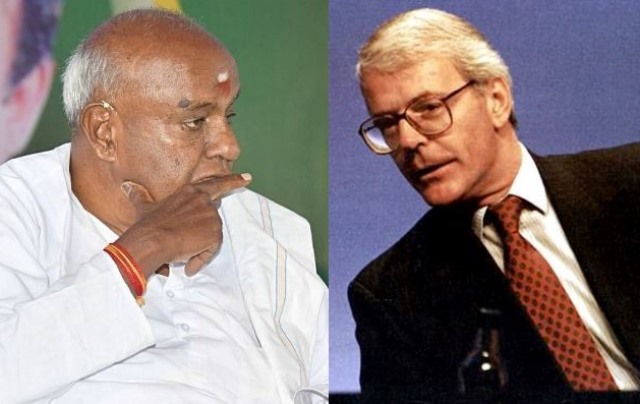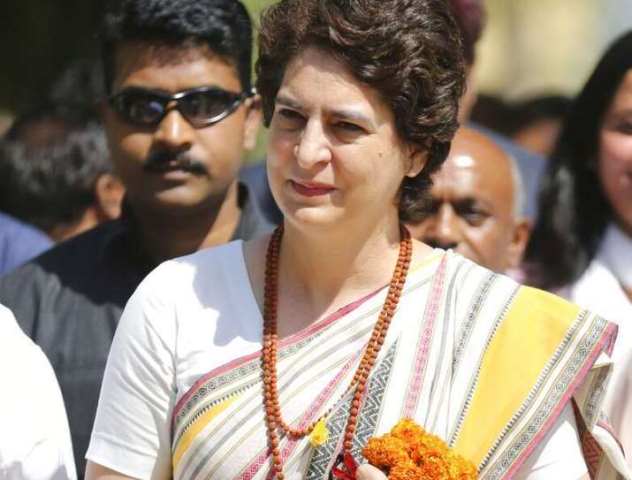By John Solomou
Before the ink was dry on President Tayyip Erdogan’s much-touted ‘Human Rights Action Plan’ announced on March 2, the autocratic President of Turkey showed his real “commitment” to human rights, by granting the wish of his ultra-nationalist ally Devlet Bahceli to take action to disband the country’s third largest party – the pro-Kurdish People’s Democratic Party (HDP).
Last Wednesday, Chief Prosecutor Bekir Sahin filed a case in Turkey’s Constitutional Court to ban the HDP, allegedly for being “an undemocratic party that colludes with the terrorist group PKK and seeks to destroy the unity of the state.” HDP denies any links with the PKK – which is designated a terrorist group by Turkey, the EU and the US- and said that the Erdogan’s ruling Party AKP, “being unable to overpower HDP ideologically, politically or at the ballot box, is now aiming to eliminate the HDP from democratic politics by means of the judiciary.”
As if this was not enough, the Chief prosecutor in his indictment also sought a permanent political pan on 687 HDP officials, including its current co-chairs, Pervin Buldan and Mithat Sancar, and the imprisoned former co-chairs, Selahattin Demirtas and Figen Yuksekdag, so that they are prevented from forming a similar party under another name.
The leader of Turkey’s Nationalist Movement Party (MHP) Devlet Bahceli welcomed the dissolution of the pro-Kurdish party, saying the party should be closed down “never to be opened again.”
Turkish senior political commentator Cengiz Candar, said the timing of the HDP charges, just before an MHP congress, showed Bahceli’s heavier hand in decision-making. “It illustrates that Turkish autocracy is getting much more repressive against the Kurds and… even more nationalistic.” Candar points out: “Either Erdogan is MHP’s hostage, or acts in unison with them.”
US State Department Spokesman Ned Price in a statement expressed concern, saying that a ban of the party would “further undermine democracy in Turkey” and added: “We call on the government of Turkey to respect freedom of expression in line with protections in the Turkish constitution and with Turkey’s international obligations.”
EU High Representative Josep Borrell and Enlargement Commissioner Oliver Varhelyi in a joint statement expressed deep concern and said: “Closing the second largest opposition party would violate the rights of millions of voters in Turkey. It adds to the EU’s concerns regarding the backsliding in fundamental rights in Turkey and undermines the credibility of the Turkish authorities’ stated commitment to reforms.”
On the same day the Prosecutor filed his indictment against HDP, the Turkish Parliament decided to strip the well-known human rights activist and prominent HDP MP Omer Faruk Gergerlioglu of his seat and his immunity. His “crime” was that in 2016 he had retweeted a social postin which a leader of the outlawed Kurdistan Workers’ Party (PKK) called for peace talks with Turkey. Just because he supported holding peace talks between Turkey and PKK, Gergerlioglu is now expected to serve 2.5 years behind bars.
It should be mentioned that in the municipal elections of March 2019, the pro-Kurdish HDP won 65 municipalities. Erdogan, having lost mayoral contest in some of Turkey’s biggest cities and seeing that the HDP is attracting many people who in the past voted for his AKP party, imposed a clampdown, removing 55 elected mayors of the HDP, 20 of whom continue to be detained.
GonulTol, director of the Turkey program at the Middle East Institute in Washington, commenting on Erdogan’s crackdown of the HDP mayors says: “Erdogan and his nationalist ally will continue to use the Kurdish card to keep their base together. They are hoping to keep the Kurdish voter at home in the next elections by shutting down the HDP, but it might very well backfire and mobilize Kurdish voters to support the opposition. …Erdogan is in big trouble. He has nowhere else to turn.”
Although in his early years as Turkey’s leader, Erdogan expanded the rights of Kurds who make up about one fifth of Turkey’s population, since the collapse of the peace process between the government and the PKK in 2015, his treatment of the Kurds and HDP changed dramatically. More than 16,000 HDP members were detained and some 3500 were sent to prison.
As AKP in recent years sees its power basis diminishing, Erdogan has formed an alliance with the ultra-nationalist MHP Party of Devlet Bahceli and depends on them to pass the laws sent by the government to the Parliament. One of Bahceli’s persistent demands has been to ban the pro-Kurdish party. Apparently Erdogan, fearing that AKP, due to the dire state of the Turkish economy, will lose more supporters, who will vote for the opposition, decided to eliminate the second largest opposition party, keeping Kurdish voters at home and at the same time keeping Bahceli happy.
It is ironic that the HDP closure case and the latest waves of arrests come weeks after Erdogan pledged a new era in human rights and unveiled a 128-page- long “Human Rights Action Plan.”But his increasing clampdown on HDP shows that this plan is not worth the paper it is written on.
As Emma Sinclair-Webb, senior researcher at Human Rights Watch says: “It seems the human rights action plan is a code word for human rights violation plan, because everything that has happened since then has been worse and worse .” (ANI)













